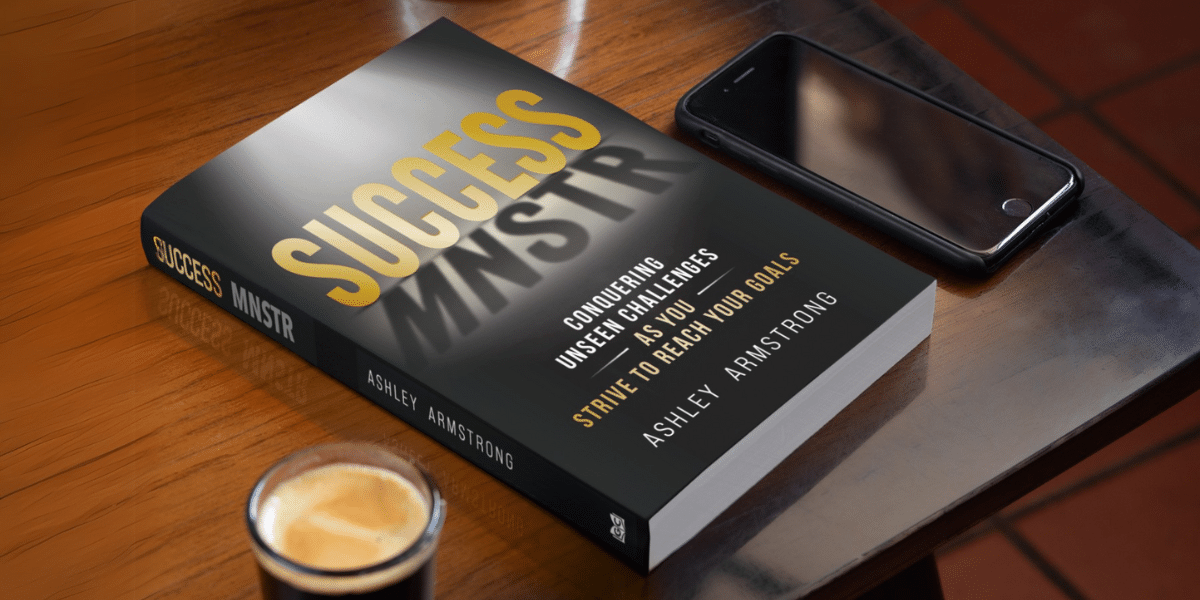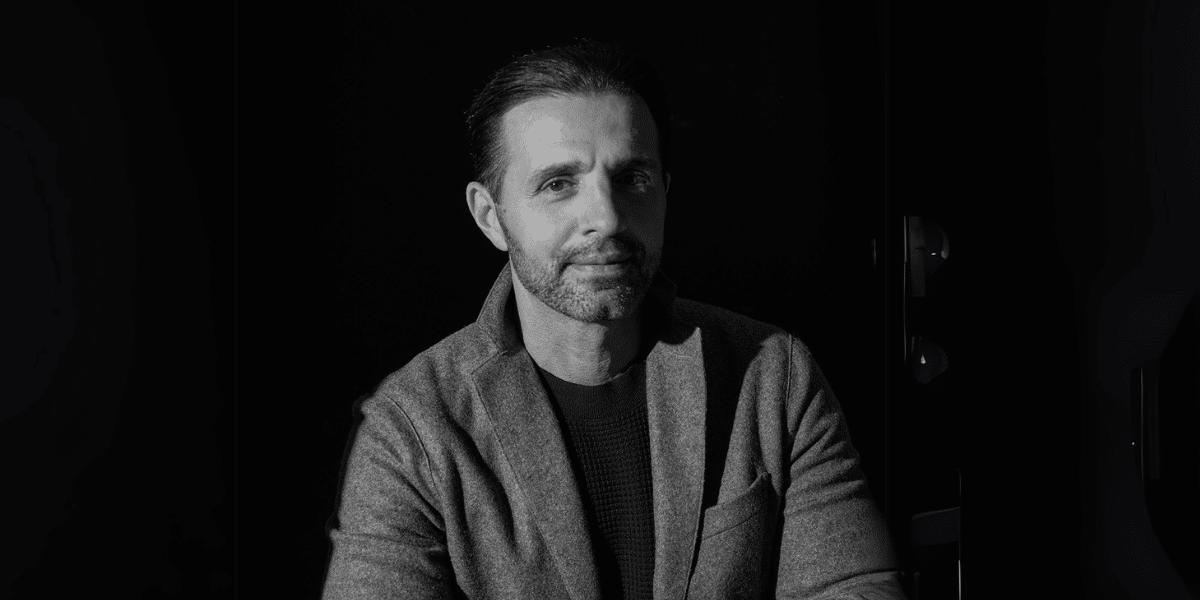Image commercially licensed from: Unsplash
Films act as a reflection of reality. While the different genres are spread out, most films carry a central theme that resonates with the audience. Coming-of-age films are no different. They validate the youth’s journey as they slowly move away from the fantasies and magic of childhood and find themselves facing reality. The Perks of Being a Wallflower is a story that many find powerful, tackling several subjects that all teenagers encounter in their journey. Initially a novel, it was later adapted into a film that has garnered the praises of readers and moviegoers alike.
The Perks of Being a Wallflower is a story that centers around Charlie Kelmeckis as he navigates life through his freshman year in high school. Portrayed by Logan Lerman, Charlie is a withdrawn character who moves through the corridors, disassociated from everyone else as he copes with a personal loss the audience eventually learns about. Charlie attempts to connect with others when he joins Patrick, a senior in his shop class, and his sister Sam during a football game.
Over time, Charlie becomes accepted into their group and enters a world that explores the typical teenage problems and vices. The audience learns that Charlie’s disassociation results from his best friend killing himself the summer before. The film touches on PTSD, sexual assault, homosexuality, friendships, bullying, violence in dating, and romance. Each of the characters reflects the reality that all teenagers encounter.
Charlie deals with PTSD as he copes with life after losing his best friend. It is later revealed that his blackouts result from trauma from sexual abuse that he endured from his aunt. Sam also reveals her first kiss was taken from her by her father’s co-worker at a young age. Although Patrick’s homosexuality is evident, his relationship with the closeted quarterback Brad creates a conflict when the latter rejects him. Charlie also deals with relationship troubles when he is thrust into one with Mary Elizabeth. It eventually falls apart when he chooses to kiss Sam on a dare, alienating him from the group. He is welcomed again after a conflict between Patrick and Brad and his posse in the cafeteria.
Charlie’s disassociation is one of the highlights of the story. Despite being taken into a group, the feeling of loneliness lingers. Throughout the film, Charlie attempts to participate at the behest of his English teacher Bill, who also tells him that “We accept the love we think we deserve” when Charlie seeks out advice regarding Sam’s relationship with Craig. Although the couple split and Charlie and Sam kiss, his PTSD gets triggered when Sam places her hand on his thigh. It is only later, when he is at a psychiatric hospital, that the truth is revealed. As the film concludes, Charlie acknowledges how alive he feels in the moment, quoting, “We are infinite.”
The director & author Stephen Chbosky initially wrote the story for personal reasons but later found more people related to it. The film is also a rare example of the original author taking the helm as the director and screenplay writer. Chbosky opted to set his story in the early nineties as he felt it would resonate better with his audience.
The Perks of Being a Wallflower celebrates inclusivity and connects with thousands, if not millions, of people who feel they are going unnoticed by the world. It also portrays a positive depiction of a psychiatry hospital, which is rare in Hollywood. While there are plenty of coming-of-age stories in Hollywood, The Perks of Being a Wallflower is already a classic for tackling many issues and touching lives worldwide.
References:
https://prezi.com/45wux3xw8eaf/real-world-problems-highlighted-in-the-perks-of-being-a-wallflower/
https://www.sparknotes.com/lit/the-perks-of-being-a-wallflower/themes/
https://www.liveabout.com/the-perks-of-being-a-wallflower-3973875
https://kettlemag.co.uk/why-are-coming-of-age-films-such-as-lady-bird-important/






